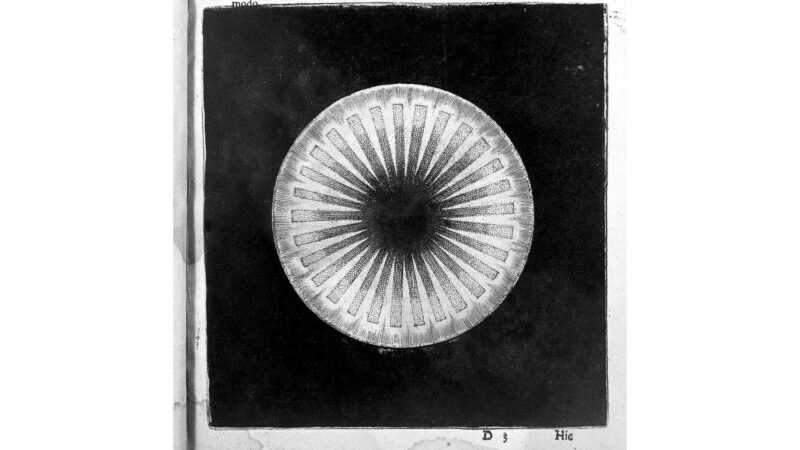There is something, this month, about beginnings. So often, they act like flirtations — sometimes aggressive, other times coy, always with an agenda. Stay with me, they insist, at varying decibels.
In this issue of Guernica, the beginnings are not noisy. They make no demands. It’s not that we, the readers, are incidental, exactly — but it’s tantalizing that we might be. There are gestures in these beginnings that are so complete, in so few words or sentences, that the work is already one kind of whole, before it even gets too troubled about us. Rendered irrelevant, the reader — this reader, anyway — can bask in what the artist, indifferent to eavesdroppers, really wants to work out.
That’s a level of mastery, of course — to create the illusion that no illusion is being created at all. And when it works! Who can summon two worlds, and the gap between them, more quickly than Alejandro Varela in his essay “Hecho en El Salvador”: “I’m an adult, but my grandmother makes my shirts. The ones with good wicking properties that I wear on my morning runs.”
Who can arrest attention more powerfully than Cyrée Jarelle Johnson, in the first line of his poem “Peach”: “The summers swole me: knuckles first, then wrists right down to the elbows.” (That verb! That word as a verb!)
Who can sculpt character more clearly than Maxim Loskutoff, in the third sentence of “Our Lady of the Rockies”: “Her bony shoulders suggested the pleasure of high speeds on dirt roads.” Who can charm and unsettle us, in equal parts, like Ben Purkert? Can anyone but Prachi Gupta dismantle false beginnings — who can interrogate the myths that enshrine empire, at home and abroad — in reportage and memoir that’s both vulnerable and invincible? And who can unravel a beginning more emphatically than Kaori Fujino, in translation by Heather D. Davis? Fujino twists her story inside out: Only when the story concludes do we realize that its quiet, almost banal beginning is, in fact, a devastating end.
Installation artists Josh Kline and Camille Norment begin elsewhere — not on the page, of course, and not even in the gallery. They both begin, in very different ways and toward very different ends, with the body. The body, Tanya Bush’s surprise ending: She begins by hoping that cooking in Tuscany might bring her skills and self-revelation, but she never expects to become so impossibly aware of corporeal self.
Lee Min-ha’s poem, in translation by Jein Han, begins before itself, in its very title: “Idle Dawn.” In the beginning of Yunkyo Moon-Kim’s poem “The Trash Mountain Writes Home,” there is the primal pull of origin: “Do not stop the home from leaving, from dissolving / its bouldered foundation into the bank of bodies beneath.” And in Ephrem Sebatigita and Lionel Ntasano’s postcard from Burundi, the beginning also knows its own end — though not, Sebatigita had hoped, this end, and not this soon:
“Gira iyo uva n’iyo uja, they say where I grew up…May you have roots and leave a name.”

